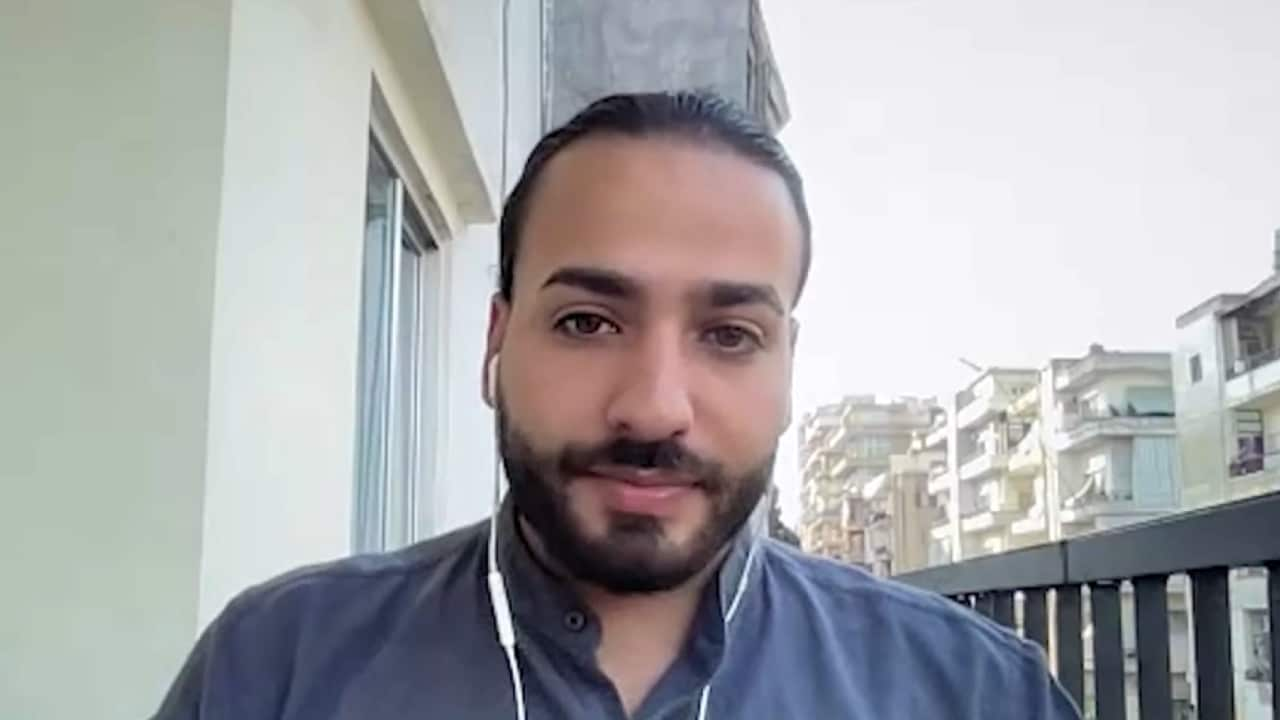The last Australian repatriation flights have left Lebanon — but despite government warnings, Bakar Mohamad is choosing to stay put.
The Lebanese-Australian man travelled to Beirut four months ago to pursue a master’s degree in development.
When the fighting between Israel and the Lebanese militant group Hezbollah escalated in late September, he moved to Lebanon’s northern region to stay with family.
With the conflict concentrated to the south, where Israel says its airstrikes are targeting Hezbollah, Mohamad feels safe where he is — at least for now.
“In the north, there’s really nothing going on, and so that’s why you feel somewhat reassured,” he told SBS News.
“[The risk] is out-balanced by the fact that what I’m learning here is probably worth staying for.”
Mohamad said he had spoken to , who shared his feelings of temporary security.
“They’ve come to Lebanon many times — before their parents have experienced the 2006 war, they’ve been through the Civil War, and so for them, they’re not as concerned as others would be, particularly in the north,” he said.
“For most people, there’s no danger around right now. Why should I be expected to leave a country that I travel to for the sake of an aggression that’s occurring from outside that I had no say in?”
Mohamad spoke to SBS News before the latest Israeli airstrikes hit the town of Deir Billa in northern Lebanon, which had not been targeted before.
He said he had factored in alternative routes out of the north, including escape out of ports.
“There are ships or ferries that leave Tripoli or even a bit more down to the south that leave from the coast of Lebanon and they can go to Turkey, some go to Cyprus, other routes are cross through to Jordan on a bus — and the prices for them have also skyrocketed,” he said.
The end of Australia’s scheduled evacuation flights
The final two flights from Lebanon to Cyprus left on Sunday carrying 422 passengers.
The Department of Foreign Affairs and Trade said 3170 citizens, permanent residents and their family had left Lebanon across 18 government flights since 5 October.
It comes as a further 147 people returned home to Australia from Cyprus on Sunday night, with 2552 citizens and family members having touched down on Australian soil.
While no more government-assisted flights will be running out of Lebanon, those in the region have still been .
But interest in the free seats out of Beirut has declined sharply in recent days, with fewer than 180 aboard two flights to Cyprus that departed on Friday.
On Sunday, Foreign Minister Penny Wong said in a post on X that “due to declining demand, no further flights out of Lebanon are scheduled”.
Some parts of Lebanon ‘safer than others’
Mohamad praised the Australian government’s evacuation efforts so far but said there was a lack of understanding of the local context.
“There’s definitely some nuance that’s missing on the ground here in Lebanon from the Australian perspective,” he said.
“I believe the whole of Lebanon right now is on a ‘do not travel’ advisory, but the same isn’t seen within Israel where they separate between regions — there are regions here that are safer than others.
“I think there’s a level of sensitivity that ought to be distinguished between different parts of Lebanon.
The threat remains
Despite the relative safety in the north, Mohamad acknowledged that the potential for escalation remains.
“The only fear of being in danger in the north is if it becomes an all-out war, and Israel decides to hit key infrastructure sites such as the Tripoli port or the Mena port,” he said.
What was a mostly low-level conflict between Lebanon and Israel following last year has spiralled since late September, when used by Hezbollah exploded killing at least 39 people and wounding about 3,000 in Lebanon.
Israeli strikes have killed more than 2,200 people in Lebanon over the past year, according to the Lebanese government.
The majority have been killed since 27 September, when Israel expanded its military campaign. Meanwhile, the government says attacks have forced 1.2 million from their homes.
Australia has said Lebanon, and together with the the United States, the European Union, and several Arab nations backed a 21-day ceasefire proposal in late September.
But that was rejected by Israel, and has said his military would continue “degrading Hezbollah until all our objectives are made”.
